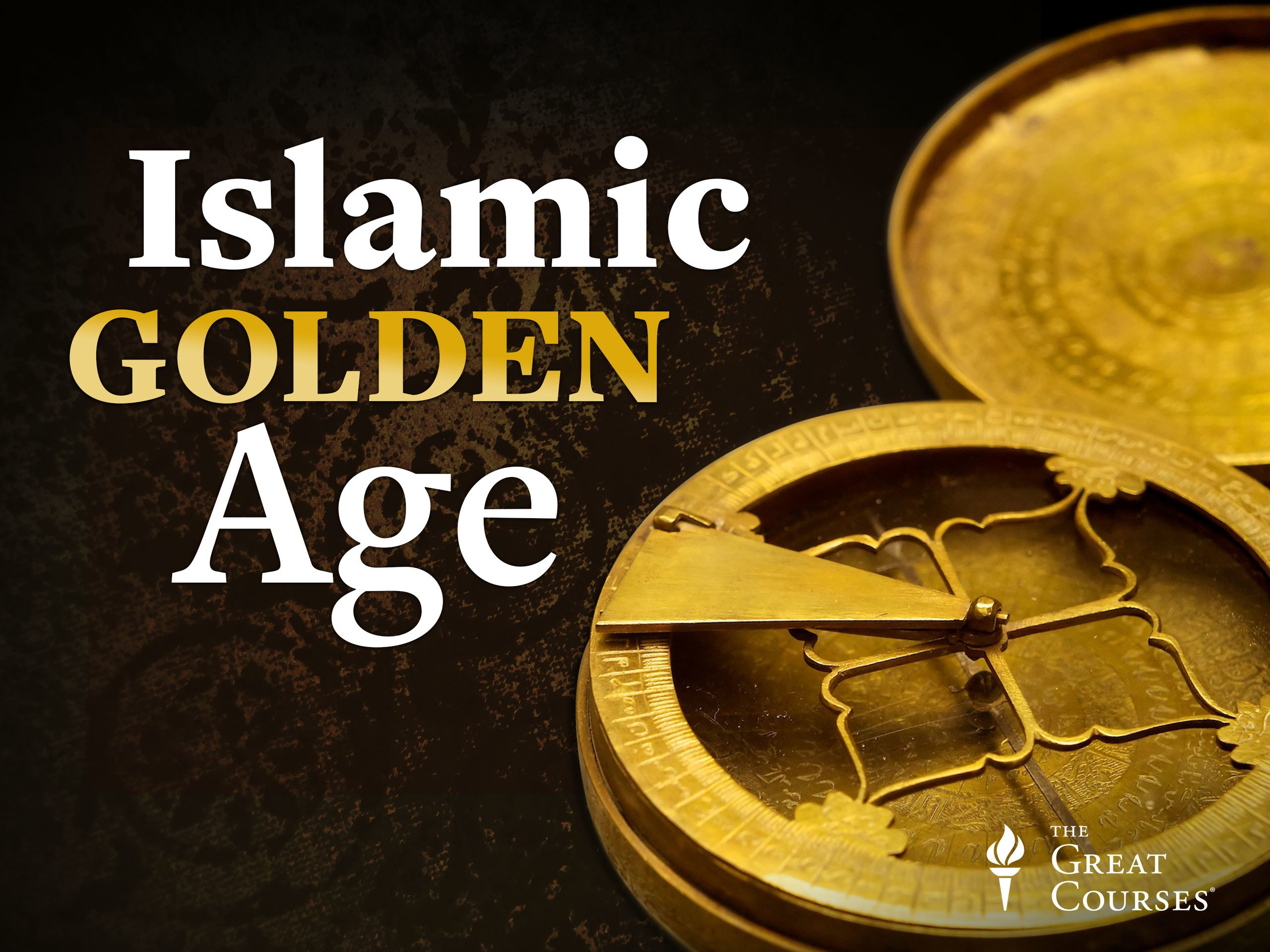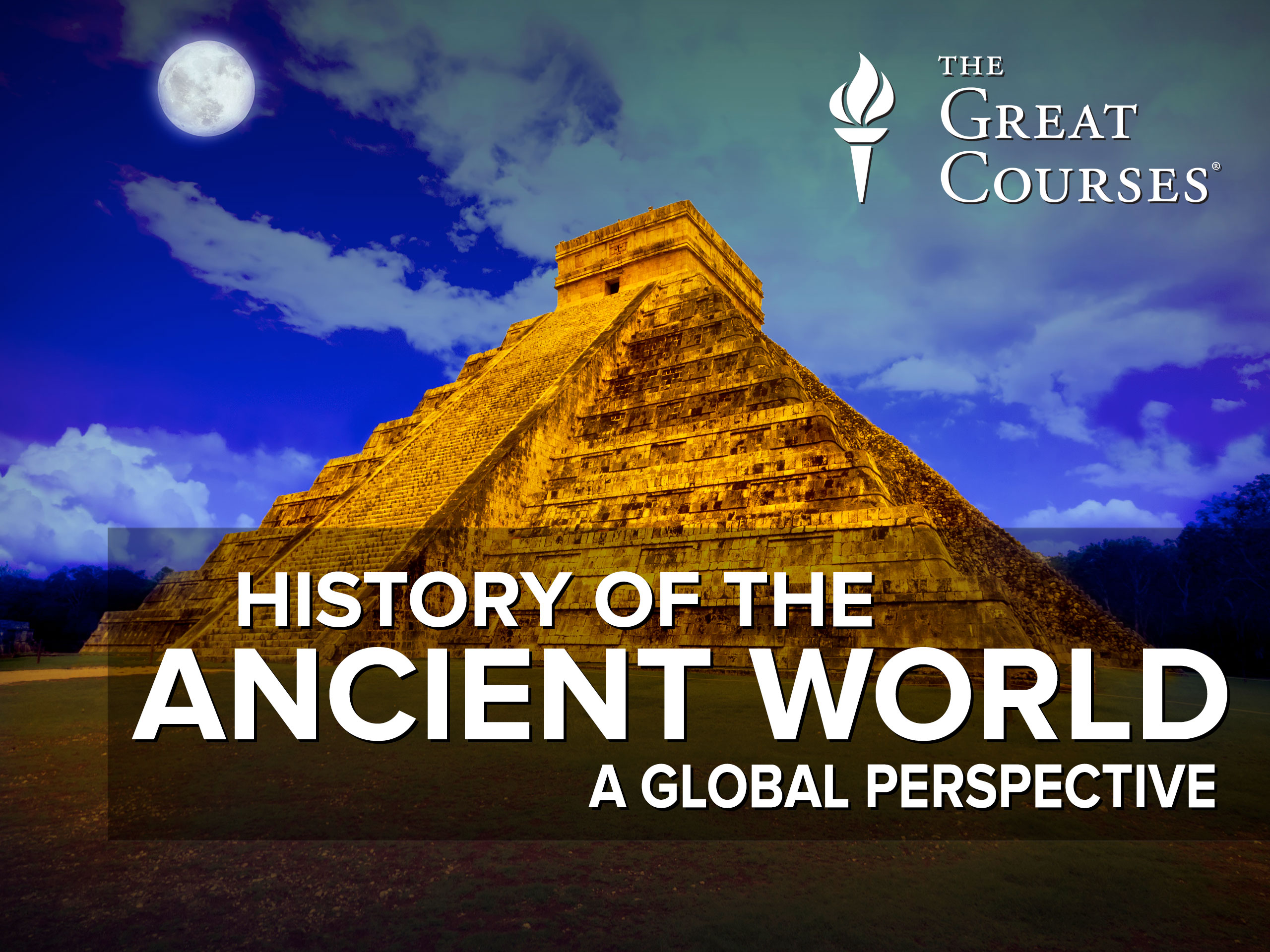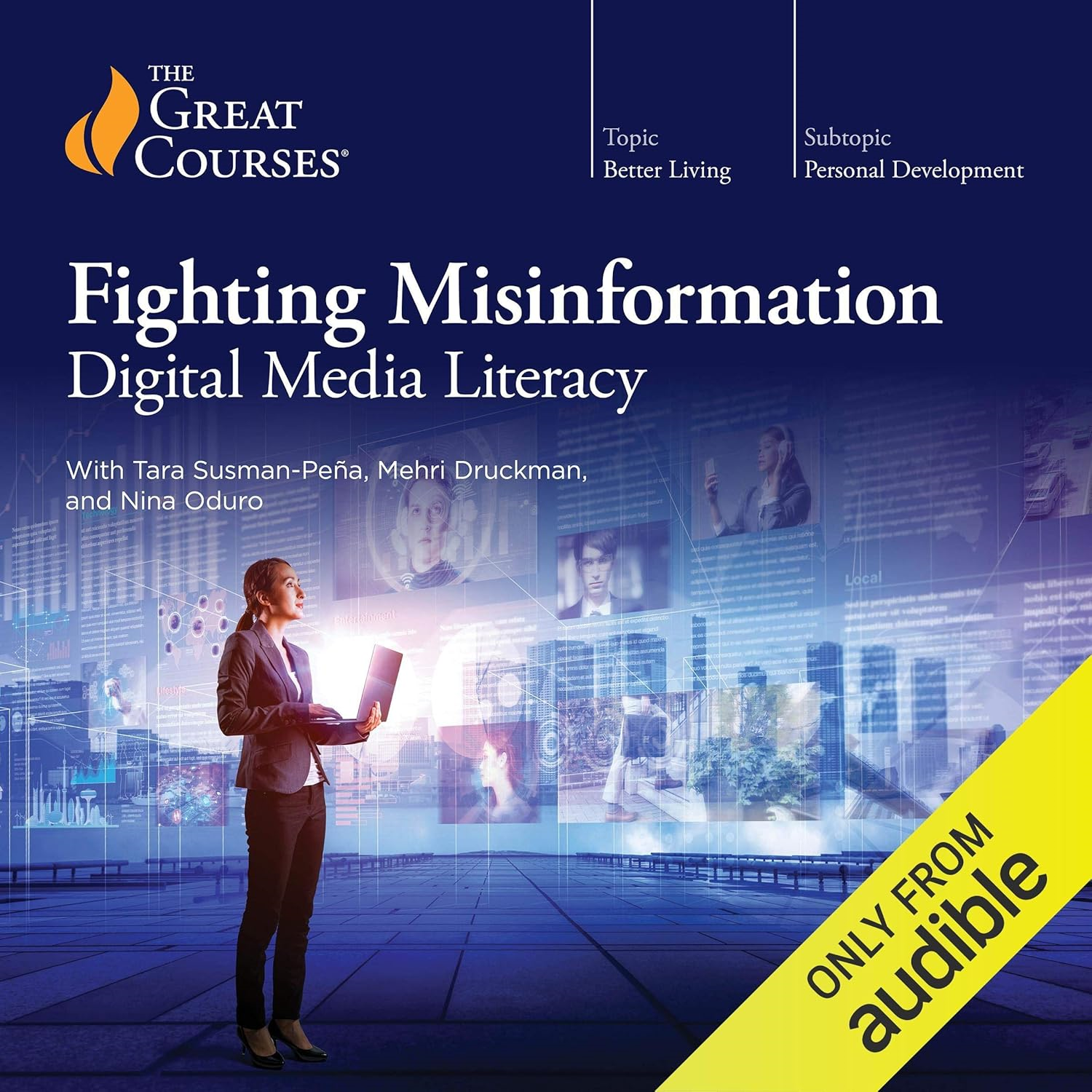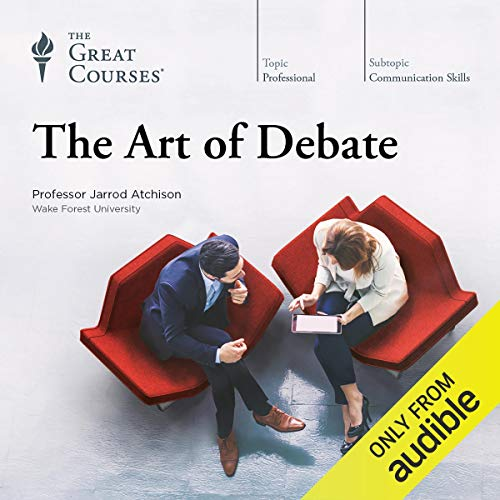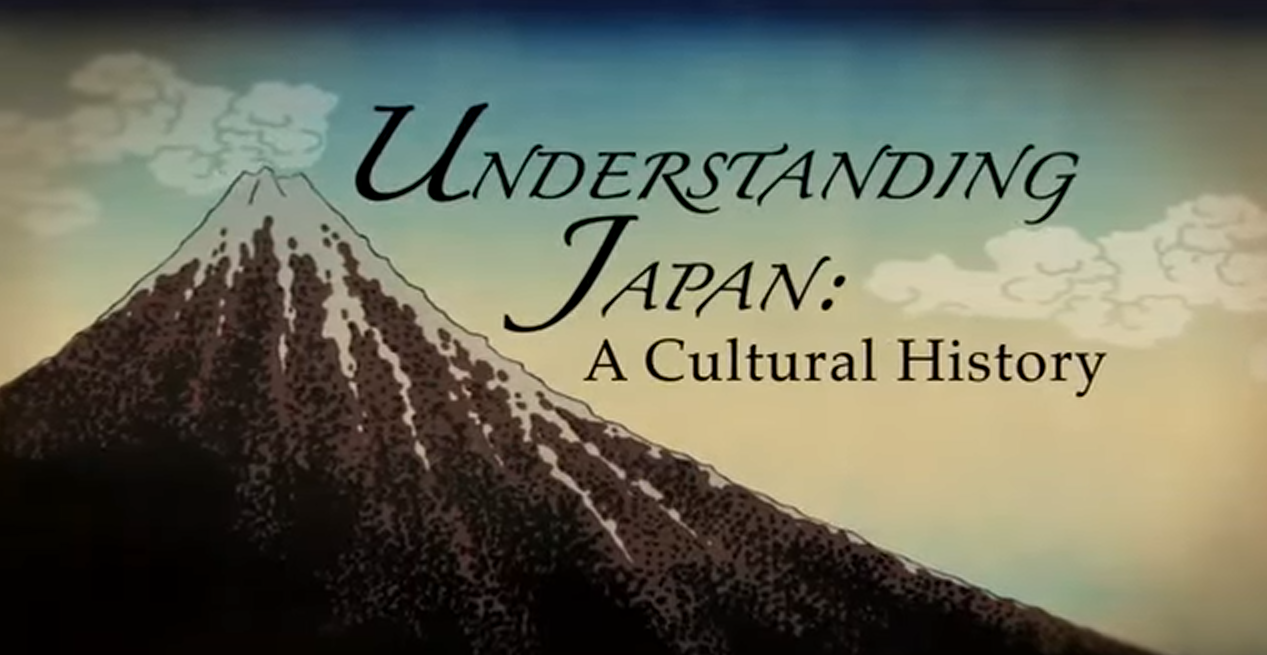Top videos
Continue your study of the Golden Age's many scientific achievements with a look at the development of medicine and the rise of what today we would call the teaching hospital. Along the way, you will encounter one of the greatest medical minds of all time, Ibn Sina (better known in the West as Avicenna).
The Middle East's river systems and irrigation methods were vital for the Abbasid Empire to thrive. After learning about the geography and agricultural techniques of the Golden Age, you'll turn your attention to the link between agriculture and politics-and round out your study of water with a look at some beautiful gardens.
Shift your attention from the great minds of the Golden Age and find out how people of the time relaxed. As you learn about the era's food and music cultures, you'll uncover quite a few surprises-such as the origins of the traditional three-course meal. You'll also discover that celebrity cookbooks promoting the latest dietary fad are not a modern invention.
Learn about the different kind of approach the course will take in its explorations of the ancient world and hear a story that perfectly illustrates the risks inherent in letting one's own cultural biases and limited perspective overly influence the interpretation of archaeological discoveries.
The course's first civilization reveals a theme that will appear again and again. Grasp the critical role of geography and resources in shaping not only Mesopotamia's method of subsistence, but also its religion, structures, empire, and means of leaving its written record.
Discover how a work or body of literature can become the core of an entire culture in this examination of the influence of Homer on the Greeks and of the centrality of the Vedas and Epics in the civilizations of ancient India.
Experience what it was like to be raised a Spartan man or woman, the changes in military tactics and equipment that made their armies so feared, and the tragic flaw that guaranteed that this Greek city-state's power, no matter how widespread or intimidating, could not endure.
Witness the early development of a unique culture that viewed itself as constituting the entirety of the world and thus the site of all cultural advancement, with the latter self-image largely maintained even after China gained an awareness of the world beyond its borders.
Humans often fail to critically evaluate the world around us. Take a close look at the machinations of misinformation, and how it can be used in conjunction with our natural cognitive biases to lead us astray. Learn about the role of reality distortion, the “Barnum effect,” selective recall, and confirmation bias in misinformation, and how techniques like “Label to Disable” and “Care before You Share” can help.
To be a great debater, you must not only learn to recognize argument fallacies, but you must also learn to combat them during the debate. This first in a two-part lecture series offers insight to help you identify fallacies that stem from flaws in your opponent's research, including the post hoc ergo propter hoc fallacy, hasty generalizations, and more.
We all need to deal with the unexpected in our daily lives, so learning the secrets to navigating the unexpected in a debate has far-reaching applications. Here, see what it takes to slow down, diagnose, analyze, and respond to unexpected arguments. By following a few simple steps, you can easily find your way back to terra firma.
Lasting for over 250 years, the Tokugawa shogunate curtailed both globalization and Christianity. How did this feudal government come to power? How did its policies isolate Japan? Along the way, you'll get an insightful look at what we really mean by "isolation" - and how Japan was shaped by foreign cultures even when most Japanese were banned from traveling overseas.
Journey through some of the best-known styles and voices of Japanese poetry. You'll start with the oldest surviving Japanese poems and follow the development of tanka, the classical five-line form, and renga, a single poem written by multiple poets. We conclude with the master poet Bashō and the emergence of haiku, now Japan's most famous and popular form of poetry.
Investigate the Meiji Restoration: the start of the third major period of Japanese globalization, defined by a vibrant synthesis of tradition and modernity. From the abolition of the samurai class to the creation of a new educational system to the restructuring of land ownership, how did Japan achieve revolutionary change through a smooth political transition?
What makes 1989 the turning point for contemporary Japan? Explore four pivotal moments from that year whose repercussions are still being felt in the Japan of the 21st century: the death of Hirohito, China's Tiananmen Square Massacre, the bursting of the Japanese real estate bubble, and a dramatic stock market crash.
Step back to one of the most important yet overlooked periods in human history. Your tour of the Golden Age of Islamic Civilization begins with the who, what, why, where, when, and how of this great period and its impact. Explore the Abbasid Empire and see how it bridged the ancient world and the Renaissance.
The word scientist" wasn't invented until the 19th century, but we would nonetheless apply the word to the many scientific thinkers of the Golden Age. Here, you'll witness the process of experimentation that was the start of the scientific method, and you'll see how scientists of the time advanced the field of chemistry."
The development of architecture is a gradual process of shifting styles from one generation to the next, and the 500 years of the Islamic Golden Age gave the world striking advancements in both religious and military architecture. Here, tour the architecture of great mosques and arches, and see how the era influenced the later European Gothic Revival.
Ibn Sina-or Avicenna-is arguably the most important philosopher in Islamic history, as well as one of the most influential thinkers of all time. Find out what makes him such an important figure in the history of philosophy, and how he built on the tradition of Aristotle. Then shift your attention to his arguments in the realms of ontology and cosmology.
Scholars conveniently cite the Mongolian sack of Baghdad in 1258 as the end of the Golden Age, but as you have seen in this course, the truth is more complex. Consider several reasons why the era came to an end-including outside invaders, shifting finances, changes in faith, and plain old human folly.
